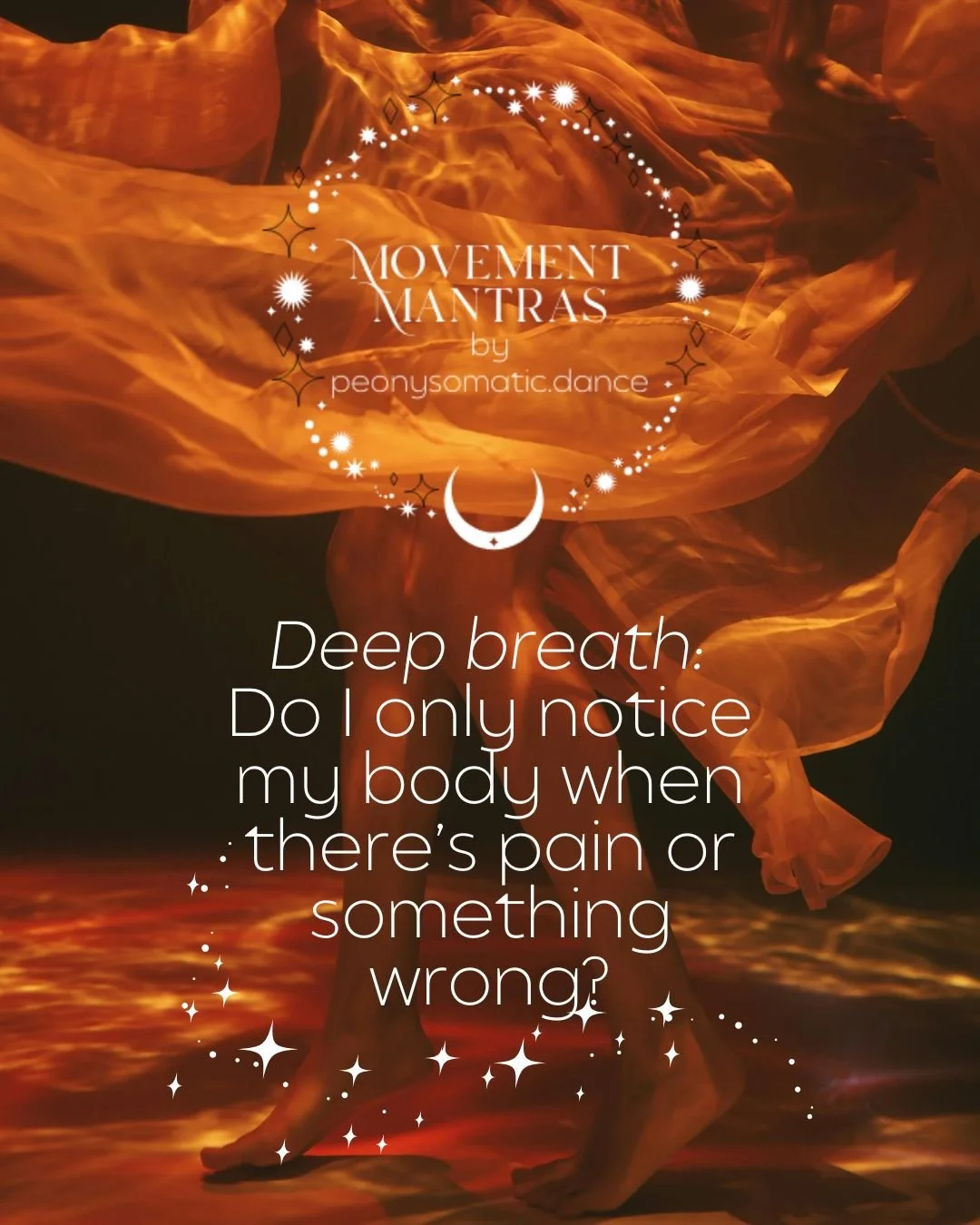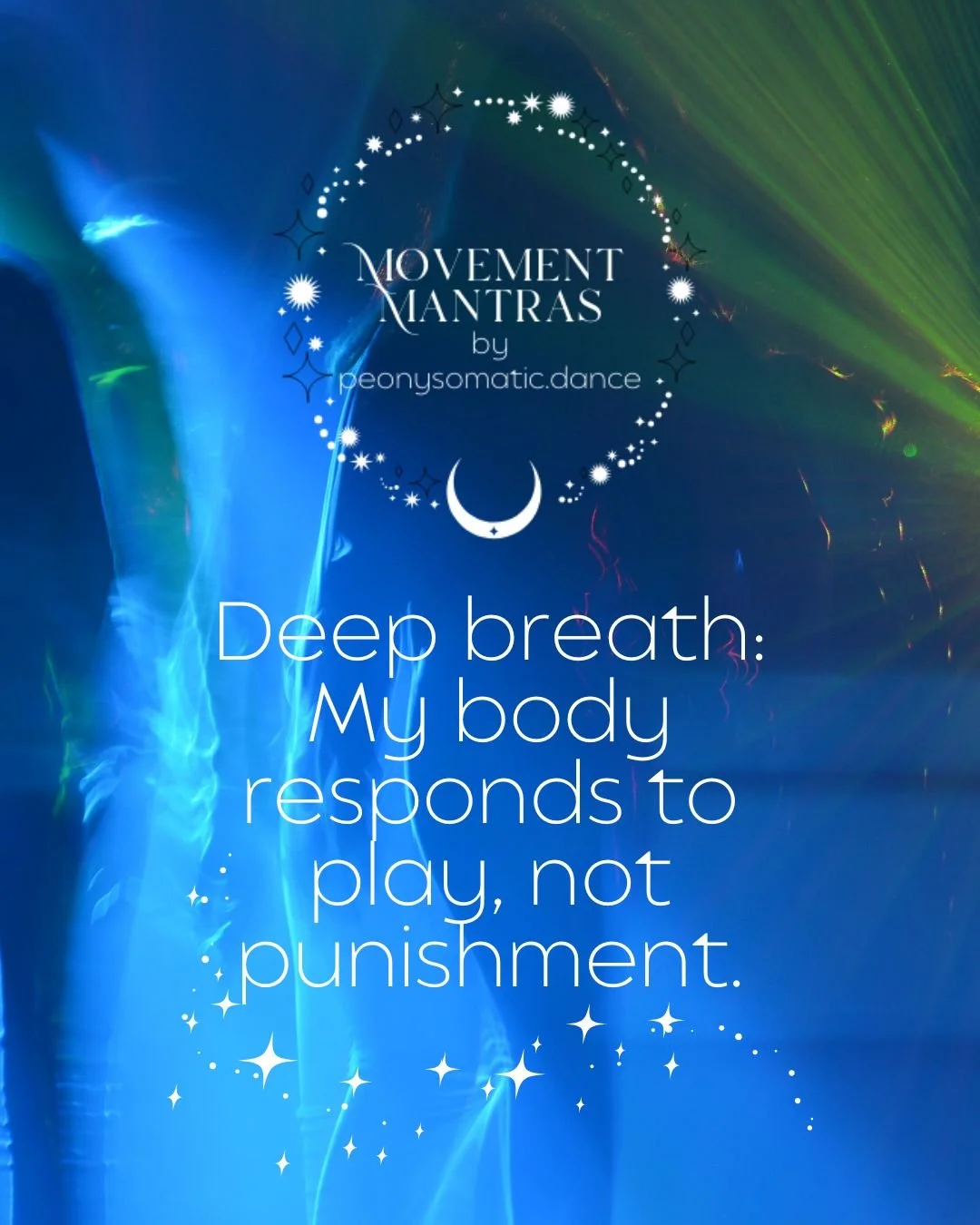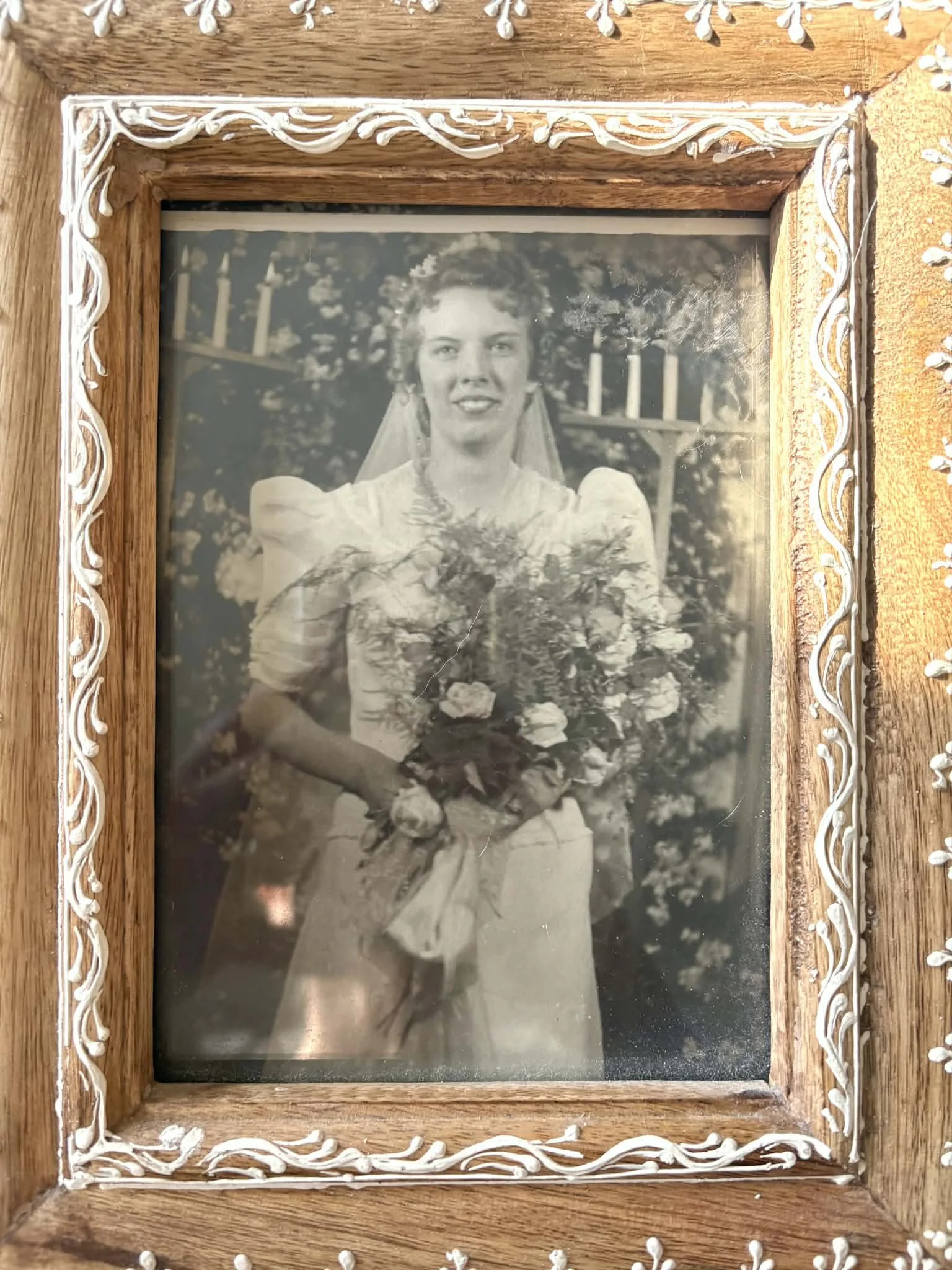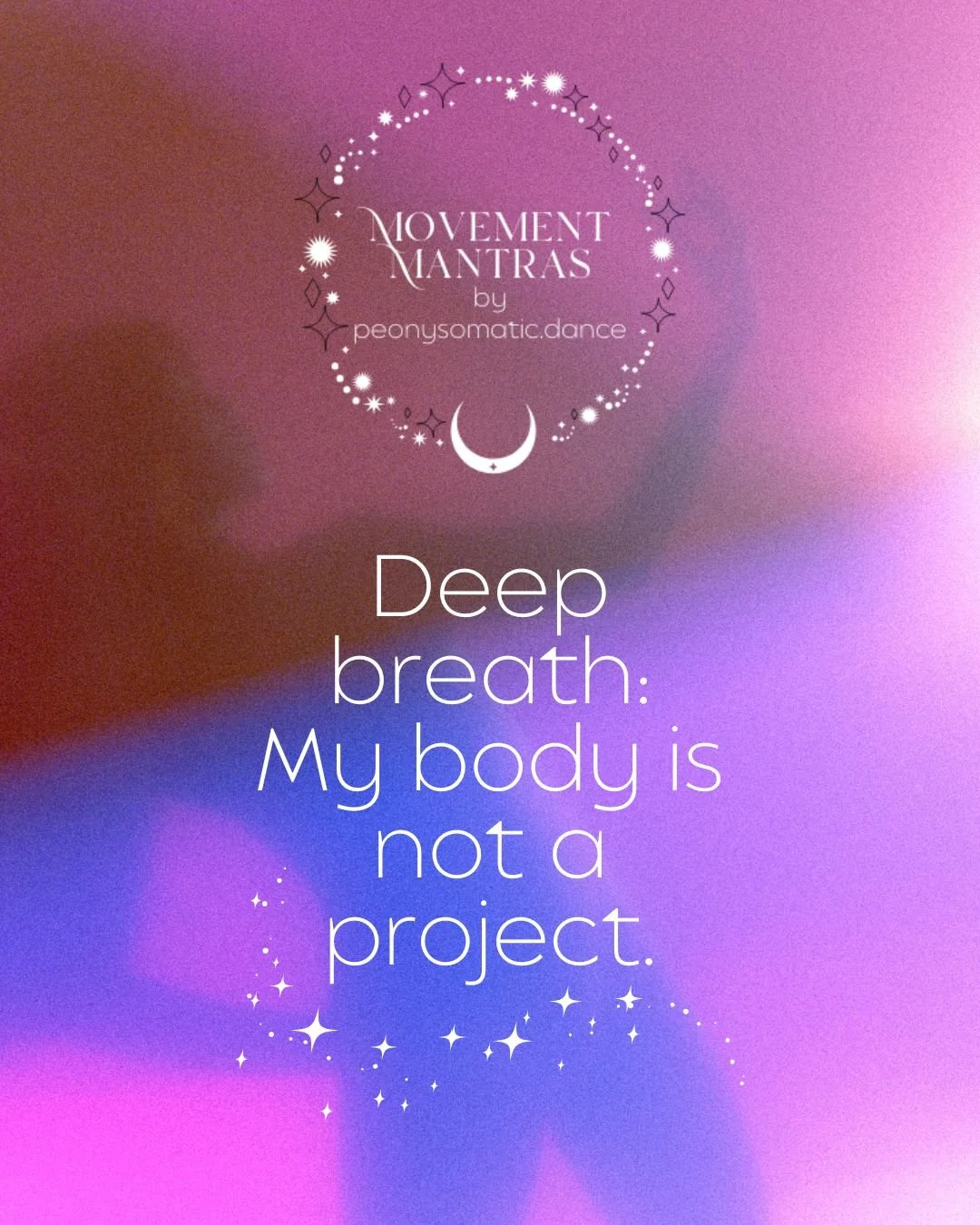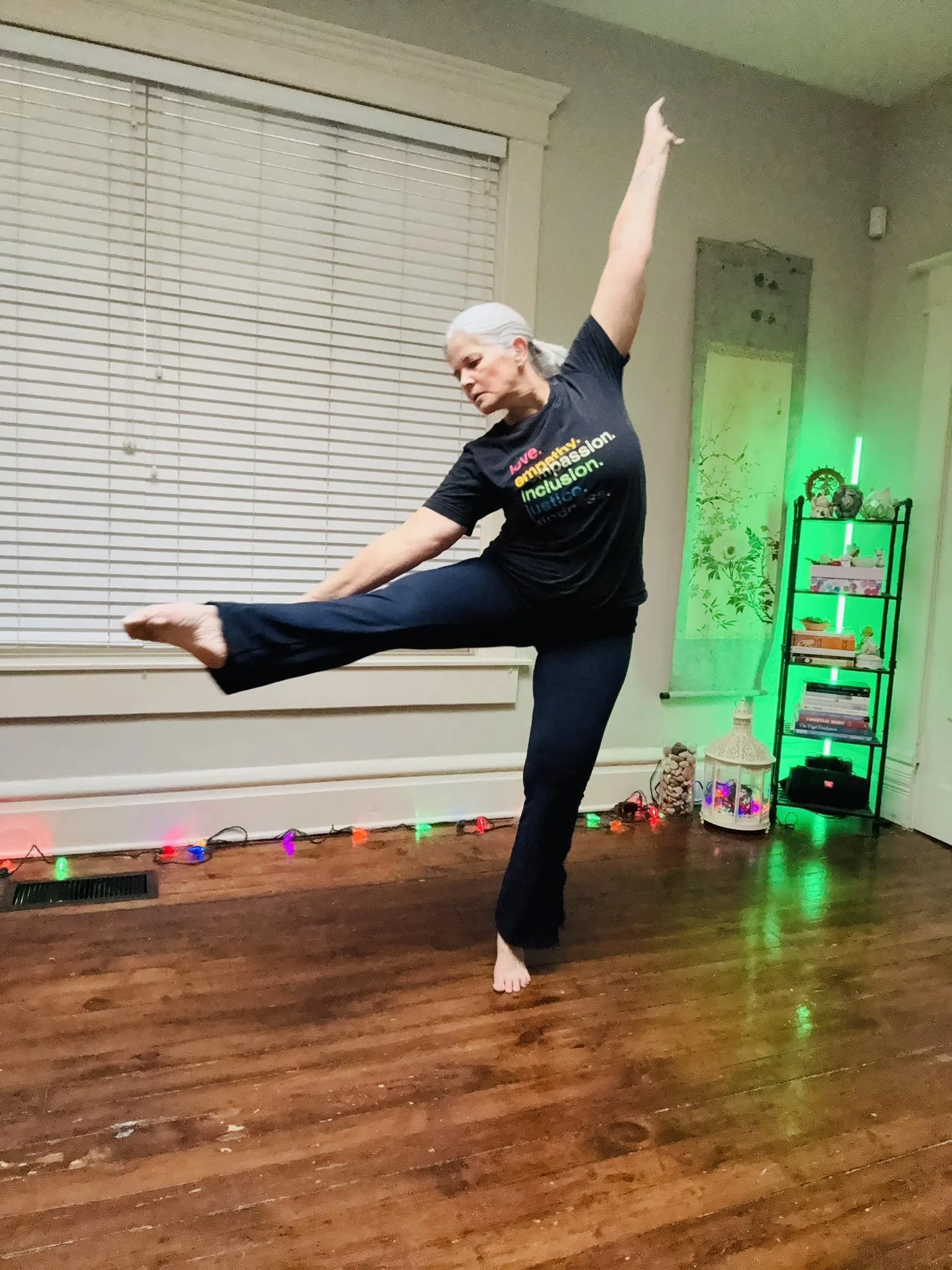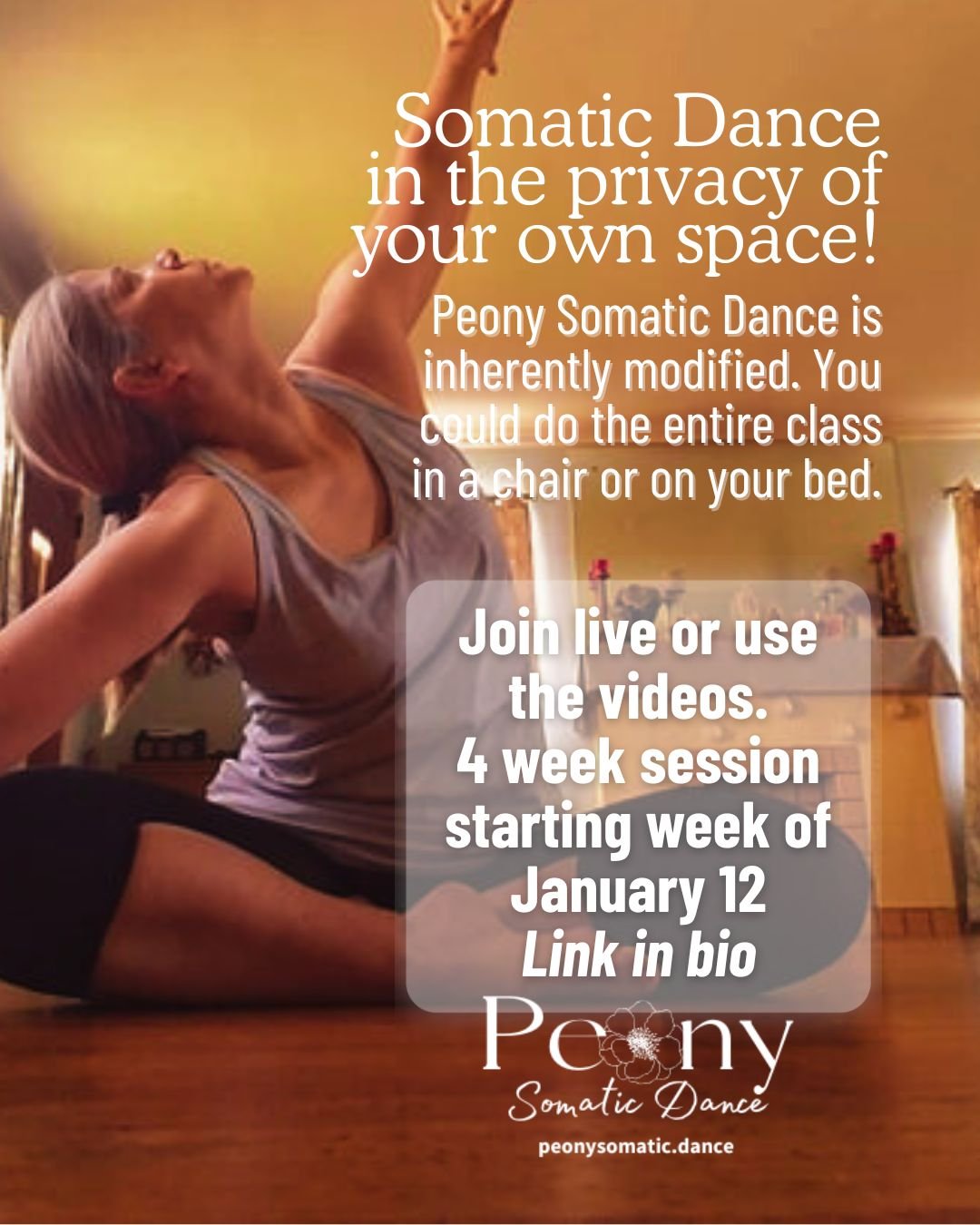If you’re not from Erie, Pennsylvania then you don’t realize the unique beauty of that small city. It sits on Lake Erie, as do plenty of other towns and cities, but it has something they do not (and no other Great Lake does): the peninsula, Presque Isle.
I was standing on the lake side of the peninsula in this photo. On some of the many miles of beach. Presque Isle has the most sand beaches of all the Great Lakes.
Presque Isle juts into the lake; a bit of land that is shaped like a long hook. And on that little bit of land there are seven — yes, seven — distinct bio regions. Like I said, this is a truly unique spot on this planet.
I was born one block up from the bay — the other side of this photo.
And I and this lake, this specific place on this lake, are forever connected.
We are all connected to some part of this earth
Long enough ago that I can’t remember to what or to whom I was listening, I came across an interview with a man who was part of the indigenous communities on, I think, New Zealand. He was also someone trying to get people to move more, to exercise more.
But they weren’t interested no matter what he taught them about the benefits, and then he realized it was because they do not see benefit to anything that isn’t about the larger community, and in particular, the relationship between larger community and land. Specifically, they thought of themselves as “mountain people,” and once he connected movement to being together on the mountain, voila! Exercise commitment to the max!
He then realized he was a river person, and he believes strongly that all people are a something type of person.
I am a lake person.
And he believes, you can’t take that out of yourself. You can’t move all over and away from your original landscape and expect to be fully happy, fully content, fully at peace, and wow, have I ever learned that in the last 9 years.
Topophilia and Estrangement
Living in Columbus has only gotten harder the longer we are here, the longer I am away from the lake and away from my peninsula.
Another thing you may not know about me: I was at the peninsula almost every day, unlike a lot of people who live there in a more disconnected way. Even if I could only squeeze in a quick drive to the entrance and stand at the water for five minutes, I did that. That was enough for my connection, my sense of self, and my mental health. (Time at the lake is a much larger piece of my mental health puzzle that I ever thought.)
Almost every time I stood at the lake’s edge, I heard her — or I heard the voice deep within me that she made space for me to hear.
So living here, I have become estranged from my landscape. I miss that lake in ways that are indescribable with words.
The names of birds
Living in Columbus is like living on a blank slate. The rivers never change: they are brown and I have never heard their voices.
There are things around here that people call lakes and I know when they say that that they have never seen nor spent significant time at an actual lake. These “lakes” are reservoirs. Man made abominations compared to the real thing.
It hurts my heart to try to go to any more of them; I have been fooled enough times. No more.
But in the last six months, I have noticed something that took me longer: I am losing the names of birds.
And why? Because there are so few here. (And I have spoken to people who have lived here a long time and they have said they’ve noticed the same thing over the last decade.)
Once in a while, I see a cardinal.
I have never seen a damn blue jay here. Not once have I heard it’s annoying whiny voice ((ha)). I miss that sound now.
And a few weeks ago, I realized that I have never seen one of my favorite birds and I realized I could not find its name in my mind.
For a bird nerd, this was … devastating.
I am sitting here typing and having a hard time finding it yet again… JUNCO!
Every early spring, I would know spring was really on its way when dozens of juncos would start turning up in my backyard.
Losing bird names is losing part of myself
This type of loss is endemic in a culture that encourages constant change and moving around for barely any real reasons. People used to move because of things like natural disasters, war, need of food.
Yes, sometimes there are still reasons like that to move, but often it’s a desire for adventure or something new. And though it’s not a bad thing to want adventure, what are we losing in the process and what are we missing in terms of depth experiences if we are constantly distracted by the details of moving and learning new places?
We have become grass is greener people in every sense of the phrase, not realizing that the grass (metaphorically speaking) that we are born to walk upon imprints itself on us and calls to us, no matter how much we try to deafen ourselves to its voice.
The Dalai Lama encourages people to try to stay in the faith tradition they were born into. As someone who believes in reincarnation, he believes there is a reason you are born into specific traditions at specific times and in specific places.
Though that’s a compelling idea, I don’t think we even have to consider this to be mystical to understand that maybe, just maybe, the places we come from are places that remain inside of us and we in them and that there is a relationship that is formed between us and land (or water or mountain) and it’s a relationship that is meant to be lasting.
